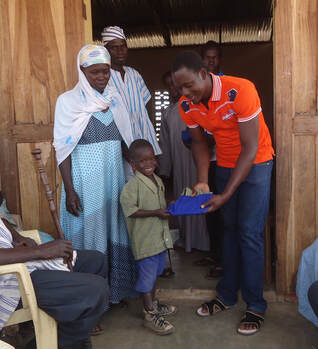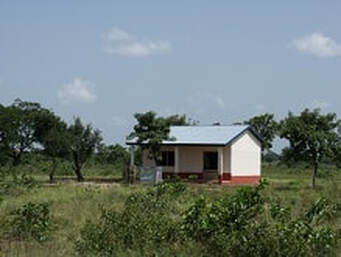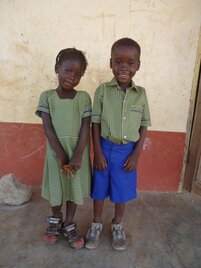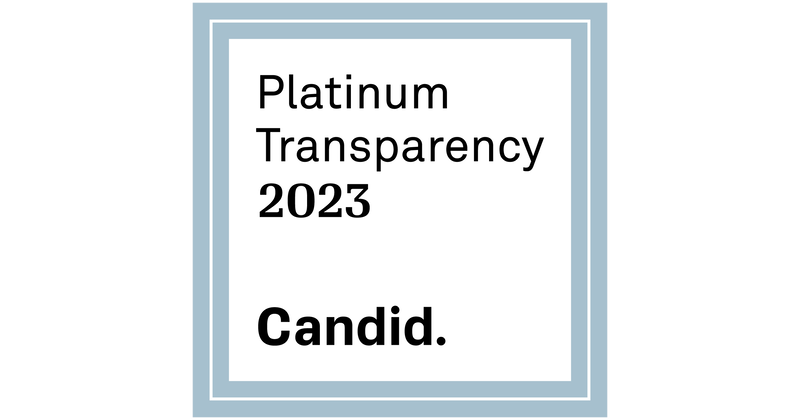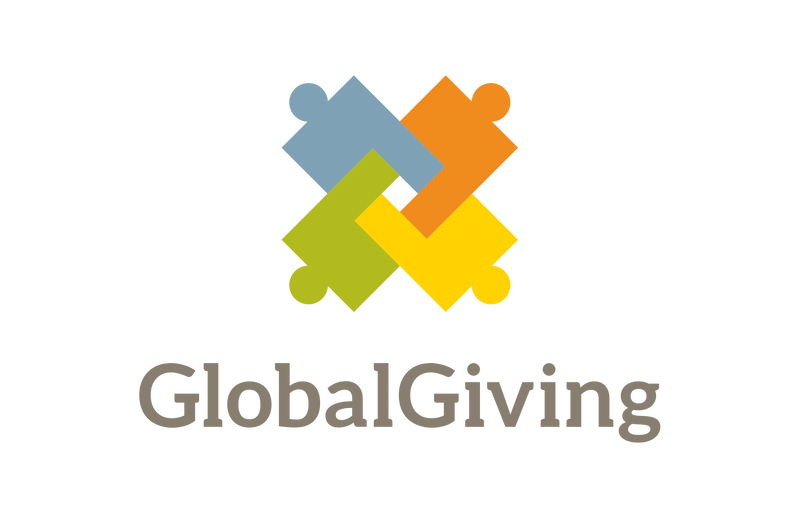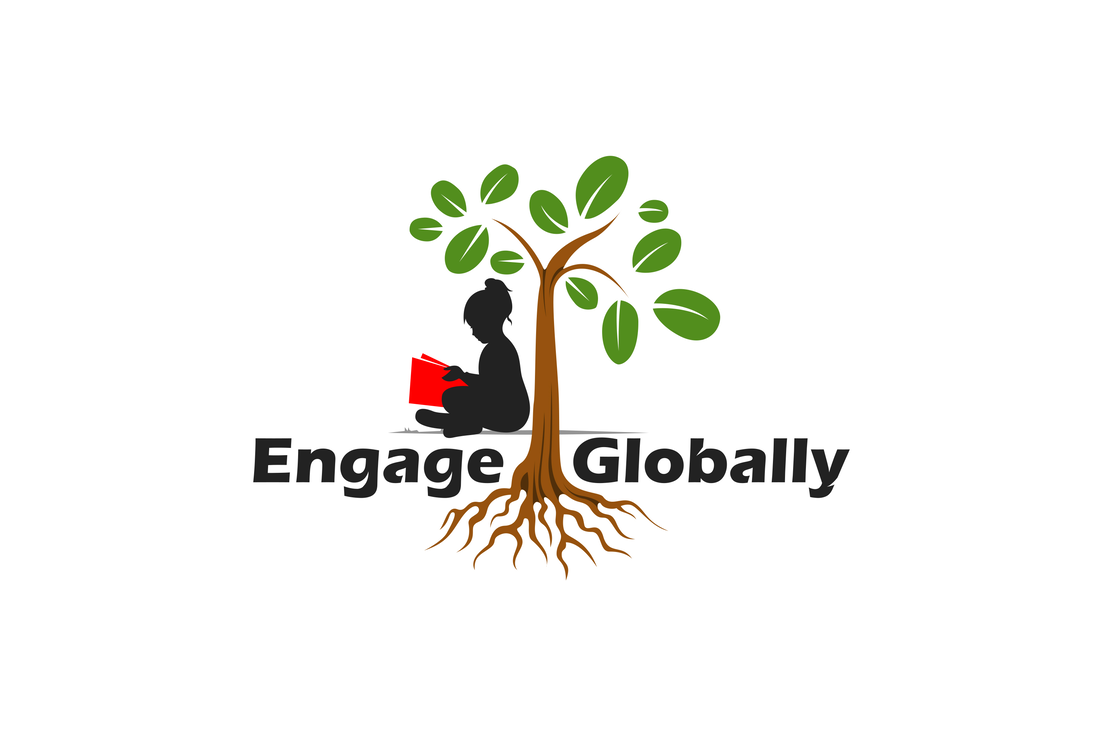|
Mission
Engage Globally supports community-led sustainable development |
Vision
Sustainable development for all |
Our approachEngage Globally collaborates with local community leaders to pursue sustainable development. We believe that communities are uniquely able to identify their priorities and to implement projects that build upon cultural awareness and social capital, while utilizing local resources. Community-led development is a longterm investment in meaningful and sustainable change.
Engage supports community-led sustainability by providing financial resources, capacity building, knowledge, and educational resources to our partners in rural Northern Ghana. We also provide resources online, through presentations, and to educators to engage individuals and their communities in learning about global sustainable development and environmental conservation. As an organization, Engage seeks to be inclusive, to share the voices and experiences of underrepresented communities, and to role model sustainable organizational practices. |
Our partners distribute school uniforms
to young students during a ceremony with families and traditional community leaders. |
Our Story
Engage Globally was founded by Heather Heckel, PhD, while she was an Assistant Professor of sustainability with American University. In this role, Heather had the opportunity to study and observe global education, foreign aid, and sustainable development programs in several developing countries. Though there are many successful international aid efforts, Heather unfortunately found that quite a few projects were not sustained over time. Well-meaning visitors and international groups sometimes build infrastructure or create projects that are not a priority for local communities. And, frequently, projects are constructed without operational or repair funding.
For example, in one of our partner villages, of approximately 1000 residents in rural Northern Ghana, there are eight broken aid projects donated by different organizations and governments. These projects, which include broken wells, never used toilets, a collapsed food storage facility, abandoned bee hives, and a never opened health clinic, can create public health risks and are unsightly and discouraging. Heather and her students often discussed alternatives to this model and how international engagement could be more effective and sustainable. Building upon these discussions and experiences, inspirational meetings with local community leaders, and growing recognition of the potential of ‘engaging globally’, Heather collaborated with several alumni to establish Engage Globally as a non-profit organization in 2013.
We began by supporting one classroom for 30 early childhood learners in rural Northern Ghana. Our partner villages are communities of subsistence farmers. Most people live below the global poverty line of $1.90 a day and development needs are high as most adults did not have the opportunity to attend school and communities lack basic needs such as water, sanitation, and schools. Our local partner, Capacity Rural International, is a community-based organization that collaborates with traditional leaders, women, parents, and youth. They have identified their primary priority as education with additional goals of gender equity and community empowerment.
Today, Engage Globally supports the education of nearly 500 youth in six rural villages. We also engage in vocational training, small business development, tree planting, public health and food security projects. Beyond our collaboration in Ghana, we also offer environmental education resources for those interested in learning more about sustainability. Thanks to our diverse community of partners, supporters, interns, board members, and volunteers, our organization continues to grow.
For example, in one of our partner villages, of approximately 1000 residents in rural Northern Ghana, there are eight broken aid projects donated by different organizations and governments. These projects, which include broken wells, never used toilets, a collapsed food storage facility, abandoned bee hives, and a never opened health clinic, can create public health risks and are unsightly and discouraging. Heather and her students often discussed alternatives to this model and how international engagement could be more effective and sustainable. Building upon these discussions and experiences, inspirational meetings with local community leaders, and growing recognition of the potential of ‘engaging globally’, Heather collaborated with several alumni to establish Engage Globally as a non-profit organization in 2013.
We began by supporting one classroom for 30 early childhood learners in rural Northern Ghana. Our partner villages are communities of subsistence farmers. Most people live below the global poverty line of $1.90 a day and development needs are high as most adults did not have the opportunity to attend school and communities lack basic needs such as water, sanitation, and schools. Our local partner, Capacity Rural International, is a community-based organization that collaborates with traditional leaders, women, parents, and youth. They have identified their primary priority as education with additional goals of gender equity and community empowerment.
Today, Engage Globally supports the education of nearly 500 youth in six rural villages. We also engage in vocational training, small business development, tree planting, public health and food security projects. Beyond our collaboration in Ghana, we also offer environmental education resources for those interested in learning more about sustainability. Thanks to our diverse community of partners, supporters, interns, board members, and volunteers, our organization continues to grow.

